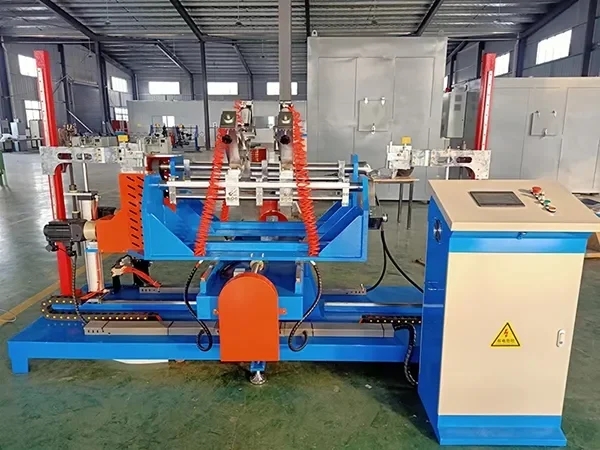Transportation plays a pivotal role in our daily lives, connecting people, goods, and services across the globe. However, with the increasing concerns about climate change, pollution, and resource depletion, the need for sustainable transportation has become more critical than ever. In this blog post, we will delve into the reasons why transportation sustainability is of utmost importance, exploring its environmental, economic, and social benefits.
- Environmental Impact:
Transportation is a significant contributor to greenhouse gas emissions, air pollution, and habitat destruction. By embracing sustainable transportation practices, we can mitigate these adverse effects and preserve our planet for future generations. Electric vehicles, public transportation systems, and cycling infrastructure are some examples of sustainable transportation solutions that can significantly reduce carbon emissions and improve air quality. - Climate Change Mitigation:
Transportation is one of the largest sources of carbon dioxide emissions globally. Sustainable transportation strategies, such as promoting the use of renewable energy sources, investing in electric vehicles, and implementing efficient logistics systems, can help reduce greenhouse gas emissions and combat climate change. By transitioning to low-carbon transportation options, we can work towards achieving the goals set in the Paris Agreement and limit global warming to a safe level. - Resource Conservation:
Transportation heavily relies on fossil fuels, which are finite resources. As these resources become scarcer and more expensive, it is crucial to adopt sustainable transportation practices that reduce our dependence on non-renewable energy sources. Embracing alternative fuels like biofuels, hydrogen, and electricity can help conserve resources and ensure a more sustainable future. - Economic Benefits:
Investing in sustainable transportation infrastructure and technologies can stimulate economic growth and create job opportunities. The development of electric vehicle manufacturing, renewable energy production, and public transportation systems can drive innovation, attract investments, and generate employment in various sectors. Additionally, sustainable transportation can reduce healthcare costs associated with air pollution and improve overall public health, leading to increased productivity and economic prosperity. - Social Equity and Accessibility:
Sustainable transportation promotes social equity by providing affordable and accessible mobility options for all individuals, regardless of their socioeconomic status or physical abilities. Efficient public transportation systems, pedestrian-friendly infrastructure, and cycling networks can enhance connectivity, reduce traffic congestion, and improve the overall quality of life in urban areas. By prioritizing sustainable transportation, we can create inclusive communities and ensure equal access to education, employment, and essential services.
Conclusion:
Transportation sustainability is not just a buzzword; it is a necessity for a better future. By prioritizing sustainable transportation practices, we can mitigate climate change, reduce pollution, conserve resources, stimulate economic growth, and foster social equity. Governments, businesses, and individuals must collaborate to embrace innovative solutions and make sustainable transportation a reality. Let us drive towards a sustainable future, where transportation is not only efficient but also environmentally friendly and socially inclusive.







